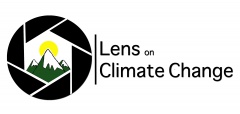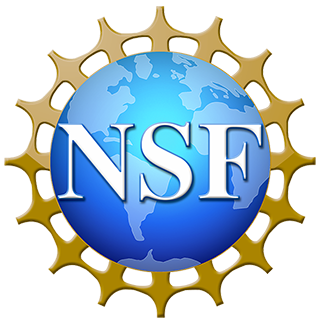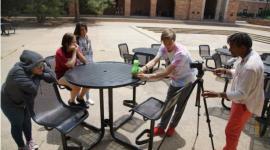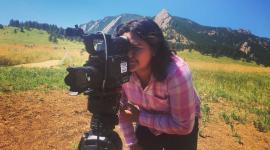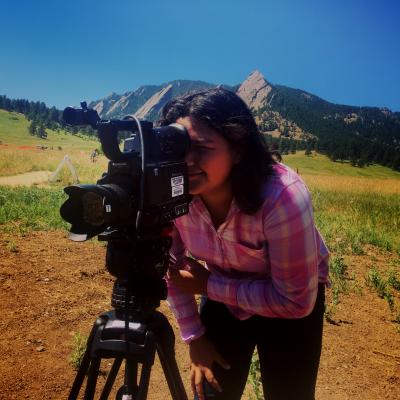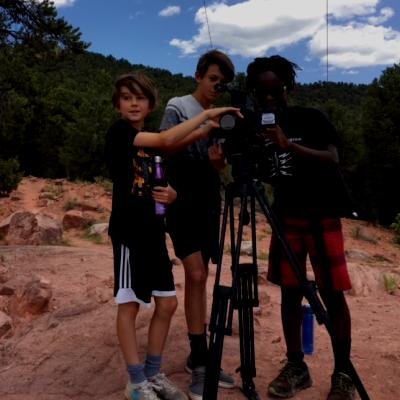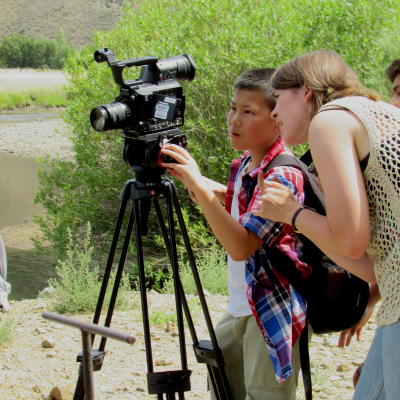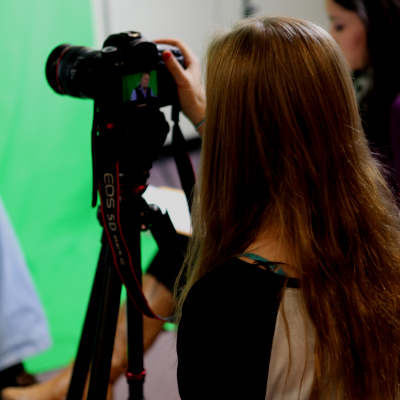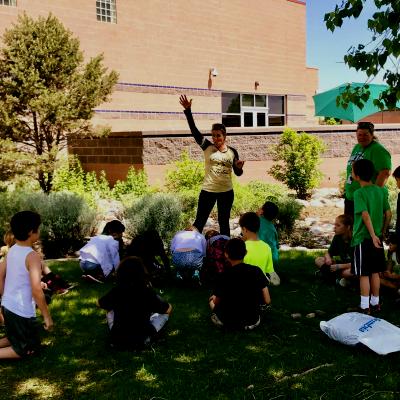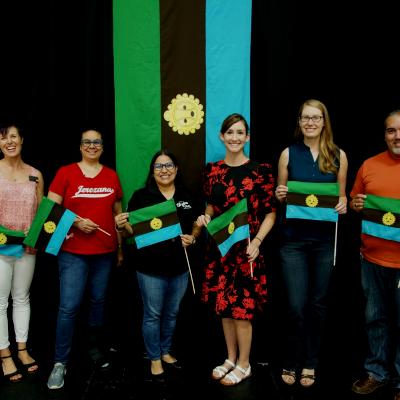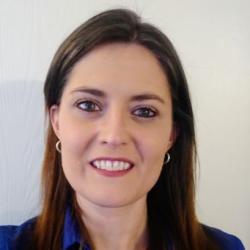Lens on Climate Change (LOCC)
The Lens on Climate Change project engaged Colorado middle and high school students in film production documenting the effects of climatic and environmental changes on their lives and in their communities.
I didn't think global warming was very serious until I was educated about it by [my LOCC mentors]. I've definitely now realized that it's a big problem and it's my responsibility as a human being to make SOME effort to prevent global warming. It would benefit everyone if they had that mindset.
I've always felt that climate change is real and that something needs to be done. I feel that I am going to become more serious about it now though, and I'll start to implement these changes into my life to help with the environment.
Check out the student films made in our workshops in the Video Library below, and use the LOCC educator guide, Sharing Science with Film, to learn how to do a filmmaking investigation of your own.
Lens on Climate Change is a workshop that helps students understand the science behind climate change through documentary filmmaking.
Each participating group of students is guided by mentors and program staff to complete four different steps in film production:
Phase 1 - Topic Definition and Script
During a kick-off meeting, students, mentors, and teachers brainstorm and distill topic ideas for the film. Supported by the science mentors, students create a concept map of their climate change topic from which they draft a script for their film, identify expert or stakeholder interviews (e.g. flood victims, park rangers, ranchers), and outline the footage that is needed with the support of the film mentors.
Phase 2 – Filming
Drawing from the many climate experts at the Cooperative Institute for Research in Environmental Sciences, the University of Colorado, and other Colorado-based research institutes, students film interviews with content experts and stakeholders representing diverse viewpoints. The film mentors support the students in filming both the interviews and footage to intercut with interviews (B-roll). Students carefully plan B-roll filming days by identifying and scouting locations. Science and film mentors help students find existing footage, audio clips, and still images to supplement their films.
Phase 3 – Editing
Following the storyboard, students edit their films with the help of film mentors and teachers using free software packages. Film mentors guide students concerning fair use and copyright for music and other licensed materials. Students will receive some LOCC staff support around image and footage research and interviewee and B-roll scheduling to ensure the completion of the films.
Phase 4 – Film Screening
All films will be screened during a festive film screening. Screening audiences will include students’ peers, teachers, parents, mentors, and the public. A panel of guest experts and student participants will discuss films following each screening.
The Lens on Climate Change (LOCC) engages middle and high school students in film production documenting the effects of climatic and environmental changes on their lives and in their communities. Students are paired with science graduate students, and film students to research, film, edit, and ultimately screen their films. The collaboration with mentors also provides middle and high school students with an introduction to college life and science and technology careers.
Types of LOCC Mentors:
Science Mentors
The science mentor helps students to identify and research potential topics for their films. Science mentors help students to identify appropriate sources for information and to consider various perspectives on the issue. Science mentors can also help students to access resources at CU such as labs, equipment, or experts to support the students' research.
Film Mentors
The film mentors help students to develop their scientific ideas into a compelling film. Film mentors help students to develop the story around their topic and convey their message in a visually engaging way. The film mentor is also responsible for the film equipment and teaching the students the technical aspects of film production.
The Lens on Climate Change program is an after-school program offered to Colorado middle and high school students. The program uses an innovative approach to teaching science and technology & project-based, student-directed learning with a place-based hook.
What do teachers say:
"We have noticed that three of the students have really picked up their efforts and have openly talked about going to college. What an amazing contribution for our students!" (LOCC high school teacher)
"The project really demanded students to get out of their comfort zone. They had to interview professionals and discuss with experts" (LOCC middle school teacher).
The lead institution for the Lens on Climate Change is the Cooperative Institute for Research in Environmental Sciences, a joint institute of the National Oceanic and Atmospheric Administration (NOAA) and CU, is a world leader in Environmental Sciences research and is the largest research institute on campus with 650 employees. It has the oldest and largest education and outreach program of all NOAA cooperative institutes.
The Lens on Climate Change is also assisted by several partners. The Colorado Film School of the Community College of Aurora has 30 faculty and about 500 students, a state-of-the-art facility, and excellent technical infrastructure; it is an Apple Beta Site and has been identified as one of the top film schools in the US. Science Discovery is an acclaimed informal K-12 STEM education nonprofit based at the University of Colorado. Annually, SD impacts more than 30,000 students and teachers through after-school classes, summer camps, and STEM workshops. Inside the Greenhouse was founded by three University of Colorado professors in 2011 to deepen our understanding of how issues associated with climate change are/can be communicated, by creating artifacts through interactive theatre, film, fine art, performance art, programming, and appraising as well as extracting effective methods for multimodal climate communication. Their interdisciplinary approach combines a solid foundation of scientific research with the expressive ability of the arts to make the story of climate change accessible and relevant. They work with the University of Colorado students in several ways, primarily through two annual course offerings.
Journal Articles
See the Publication section at the bottom of this page.
News Articles
Trinidad The Chronicle News (7/25/19)
CIRES (7/10/2018)
Aspen Public Radio (6/15/2018)
KDNK Community Radio (6/15/2018)
Glenwood Springs Post Independent (6/14/2018)
Sopris Sun (6/13/2018)
Glacier Hub (2/13/2018)
Daily Camera | News Clipping | Video (7/20/2017)
Salida Mountain Mail (7/7/2017)
CU Boulder Today (6/15/2017)
Trinidad The Chronicle News (7/2016)
Daily Camera Article (2/15/2015)
Weekly Article (4/10/2014)
TV Coverage
LOCC participated in the 2016 NSF Video Showcase: STEM for All.
The LOCC program engages students in self-motivated research and learning about a climate topic. It serves as a way to spark students’ interest in a career in science by supporting them in their own investigations with the help of undergraduate and graduate students. The program includes mentoring for science and technology skills such as critical thinking, conducting research, generating critical questions (for interviews, peer and self-evaluation), and technical aspects of film production. The LOCC program connects students who otherwise may not have this opportunity with college experiences and with the scientific community.
The research plan addresses two broad questions:
(1) What experiences best support student competency, motivation, and persistence for productive participation in the STEM workforce of today or the future?
(2) What strategies might parents, mentors, and caregivers adopt using digital tools to develop student understandings of and appreciation for the scientific basis of technological developments?
Results have been published in multiple peer-reviewed papers (see at bottom of this page).
If you have additional questions about the research program, please contact our Program Manager, Erik Leckey.
Making Films Curriculum Resources
Publications
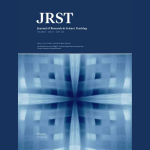
Littrell, M. K., Gold, A. U., Kosley, K.L.K., May, T.A., Leckey, E., & Okochi C. (2022). Transformative experience in an informal science learning program about climate change. Journal of Research in Science Teaching, 1-25. https://doi.org/10.1002/tea.21750
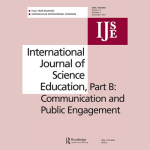
Boyd, K. J., Okochi, C., Littrell, M. K., Batchelor, R. L., Gold, A. U., & Leckey, E. (2021). Career implications for college student mentors through their contribution to a climate film outreach program for adolescents. International Journal of Science Education, Part B, 11(4), 308–323. https://doi.org/10.1080/21548455.2021.1996656.
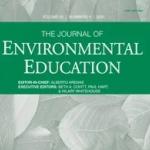
Leckey, E. H., Littrell, M. K., Okochi, C., González-Bascó, I., Gold, A., & Rosales-Collins, S. (2021). Exploring local environmental change through filmmaking: The Lentes en Cambio Climático program. The Journal of Environmental Education, 52(4), 207-222. https://doi.org/10.1080/00958964.2021.1949570
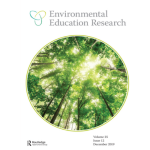
Tayne, K., Littrell, M. K., Okochi, C., Gold, A. U., & Leckey, E. (2020). Framing action in a youth climate change filmmaking program: hope, agency, and action across scales. Environmental Education Research, 27(5), 706–726. https://doi.org/10.1080/13504622.2020.1821870
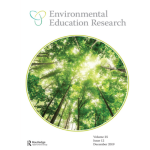
Littrell, M. K., Tayne, K., Okochi, C., Leckey, E., Gold, A. U., & Lynds, S. (2020). Student perspectives on climate change through place-based filmmaking. Environmental Education Research, 26 (4), 594-610. https://doi.org/10.1080/13504622.2020.1736516
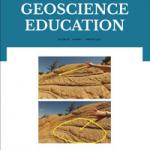
Littrell, M.K., Okochi, C., Gold, A.U., Leckey, E., Tayne, K., Lynds, S., Williams, V., & Wise, S. (2019). Exploring students’ engagement with place-based environmental challenges through filmmaking: a case study from the Lens on Climate Change program. Journal of Geoscience Education, 68(1), 80-93. doi: 10.1080/10899995.2019.1633510.
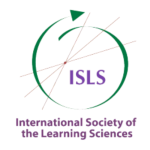
Tayne, K., Littrell-Baez, M.K., Leckey, E., Gold, A.U. (2018): Engaging with Climate Change as a Socioscientific Issue in an Informal Science Learning Environment. In: Kay, J. & Luckin, R. (eds.) Rethinking Learning in the Digital Age. Making the Learning Sciences Count, International Society of Learning Sciences Conference Proceedings, v. 1, p. 1715-1716. https://repository.isls.org//handle/1/820
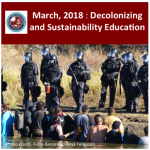
Gold, A.U., Leckey, E., Littrell-Baez, M., Smith, L., Lynds, S. (2018): Student-Produced Short Films About Impacts of Climate Change on Local Communities: An Effective Approach That Combines Art and Place-Based Learning. Opportunities and challenges of program implementation with secondary school students. Journal of Sustainability Education (ISSN: 2151-7452)
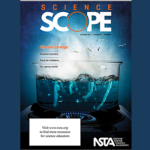
Oonk, D., Leckey, E., Gold, A. U., Margo-Schneider, J., Littrell-Baez, M., Smith, L., & Lynds, S. (2017). Integrating Technology: Lens on Climate Change: Using Place-Based Learning to Explore Climate Change Effects. Science Scope, 41(2), 86–95. https://doi.org/10.2505/4/ss17_041_02_86
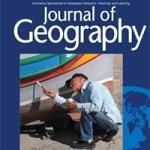
Gold, A.U., Oonk, D., Smith, L., Boykoff, M., Osnes, B., Sullivan, S.B. (2015): Lens on Climate Change: Making Climate Meaningful through Student-Produced Videos. Journal of Geography, Vol. 114, p. 235-246, https://doi.org/10.1080/00221341.2015.1013974.
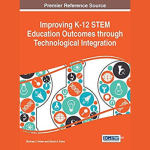
Smith, L., Rooney-Varga, J., Gold, A.U., Oonk, D., Morrison, D. (2014): Engaging Secondary Students in Regionally relevant Science Topics Through Videography - Lens on Climate Change. In: Media Literacy as a Pathway to Bridge the Digital and STEM Divides: Interest Driven Media Projects for Teachers in the Trenches. in Improving K-12 STEM Education Outcomes through Technological Integration, edited by Dr. Michael Urban, Dr. David Falvo, IGI Global, ISSN: 2329-5929. Bibcode 2016EGUGA..18.3576G

